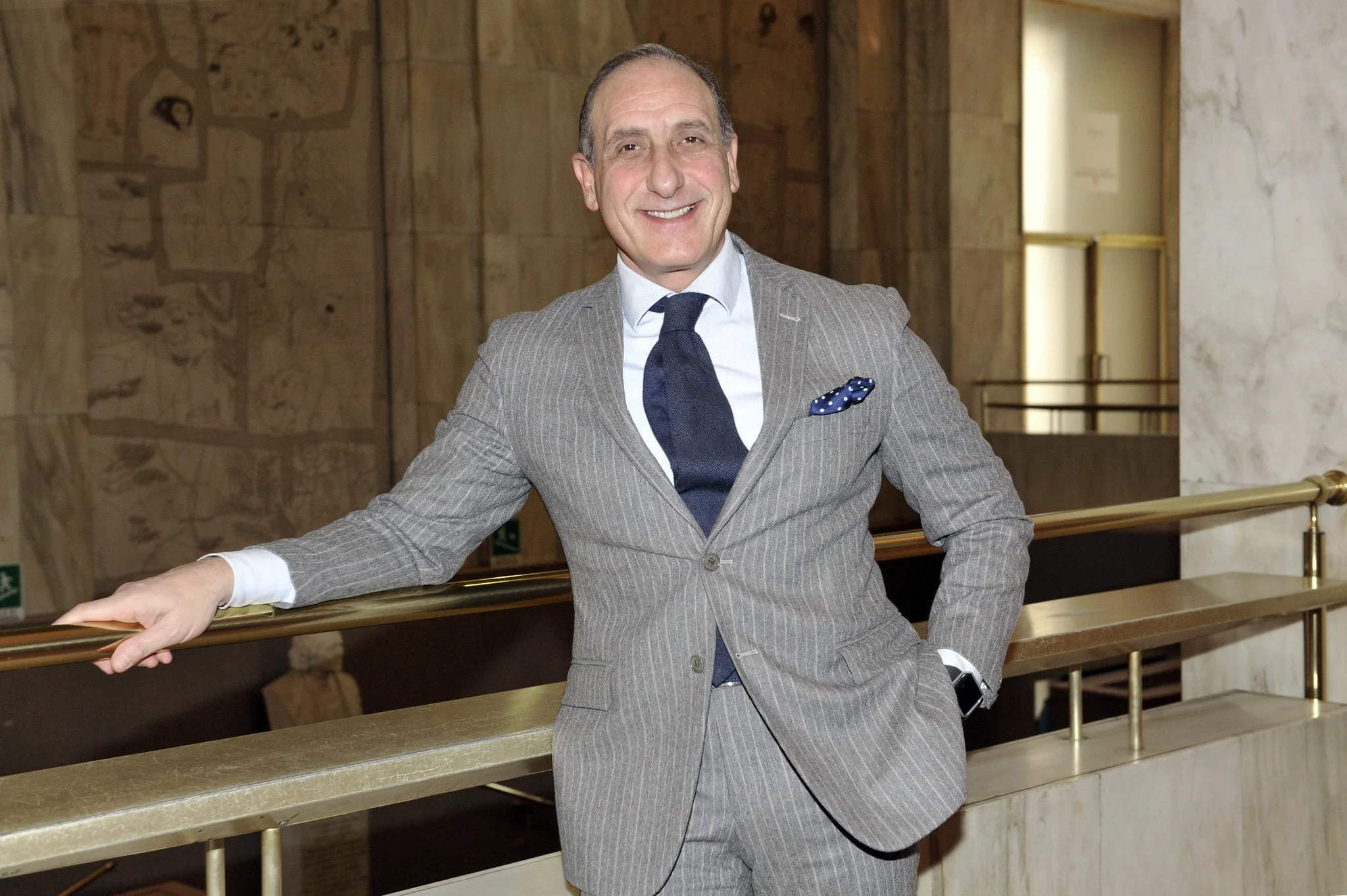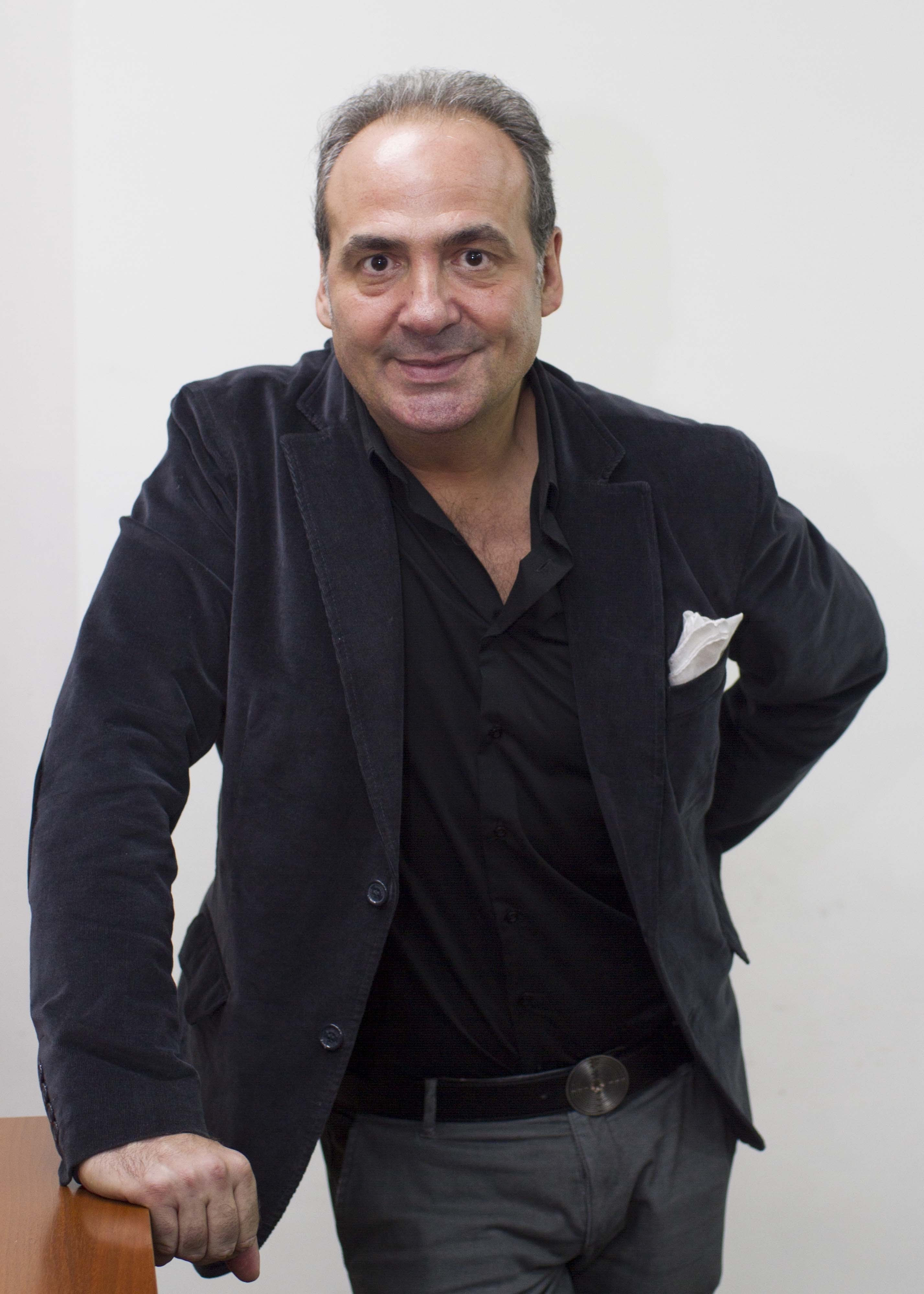Museology Conference - FB
Conference curated by Domenico Piraina and Maurizio Vanni
The new definition of a museum, made official in Prague in August 2022 by the Extraordinary General Assembly of ICOM - International Council of Museums, brings the museum institution closer to the people by making it an active part of the territory.
The museology of the present pushes to rethink the valorisation and management of museum structures: the functions of the museum increase by placing the visitor at the centre of every cultural offer. In addition to traditional functions, the importance of ethical and responsible planning structured around sustainable growth plans is emphasised. The economic one is the first step of sustainability: only a museum managed as a private enterprise can have economic plans, business models and strategies on interest targets and measurable objectives to fulfil its mission and new functions by satisfying the needs of all audiences.
The museum institution evolves and relates to the new needs of people: the new functions enhance the social and holistic character of the museum as it offers a public service and protects a public interest of a community, facilitating, in addition to study and research, inclusion, accessibility, health and psycho-physical well-being. Museums are, among the buildings that produce culture, those that have the greatest environmental impact; in fact, they operate 24 hours a day. Almost all recently built museum structures have, since their genesis, indulged in green practices that have made them environmentally friendly with zero (or almost zero) impact.
The real challenge, however, is to consistently reduce the impact of existing ones: not an easy mission in a country like Italy where most are located inside buildings of historical importance. In a perspective such as this, in which declared and measurable objectives become immovable points of a museum that transforms itself into a company at the service of people, highlighting a social character in that it offers a public service and protects a public interest, the digital worlds and functional technology become indispensable resources at the service of the mission, strategies, communication and sharing. But if a museum can be thought of and managed in the same way as an enterprise, why couldn't an enterprise become a museum? In a scenario linked to the valorisation and management of tangible and intangible assets, the business museum becomes a sustainable place where entrepreneurial culture, which has made the fortune of our country, is protected and promoted for the uniqueness it represents and the story it tells.


